
During the 1970s, as adoption gained widespread social support, a new generation of social workers and adoption professionals began to change the way we talk about adoption. Their creation, positive adoption language, is the subject of this article.
Positive Adoption Language: Beginnings
Pearl S. Buck, Pulitzer Prize-winning author of The Good Earth, first used the term “birth mother” in 1956. Previously, the standard term was “natural mother.” Buck, a tireless advocate of women’s rights, realized that “natural mother” bore an unwarranted emotional and moral burden. She argued that, if birth mothers were “natural,” didn’t that make adoptive parents “unnatural”? Obviously, this language harmed everyone involved.
Shortly after Buck’s famous statement, a push was made to neutralize the language we use to describe adoption. The existing adoption language, which made emotional, psychological, and moral assumptions about the people involved, was eventually replaced by a language free of presupposition and judgment.
Positive Adoption Language: Dictionary
We’ve made this guide to help you make informed decisions when you talk about adoption and recognize potentially negative adoption language when it comes up. The best way to promote positive adoption language is by using it ourselves in conversation.
[table id=1 /]
As you can see, positive adoption language replaces emotionally-suggestive words with terms that more accurately describe the emotions and experiences of members of the adoption triad.
![]()
Language is an ever-evolving material, one with which we express our feelings, thoughts, and goals. It’s important to note that adoption terms naturally vary, depending on speakers and how they define their own experiences.
In recent years, many adoption professionals have advocated for removing the word “positive” from the concept of “positive adoption language.” In their minds, defining the words we now use to describe adoption as “positive” implies that there is an equally acceptable “negative” adoption language, as well.

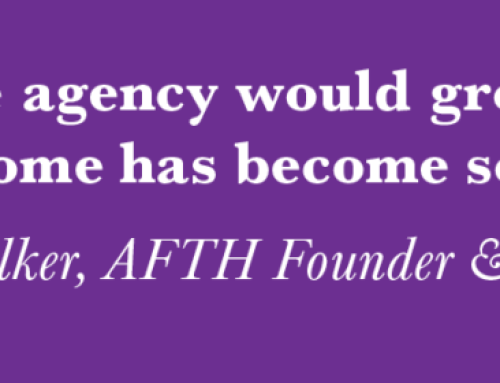
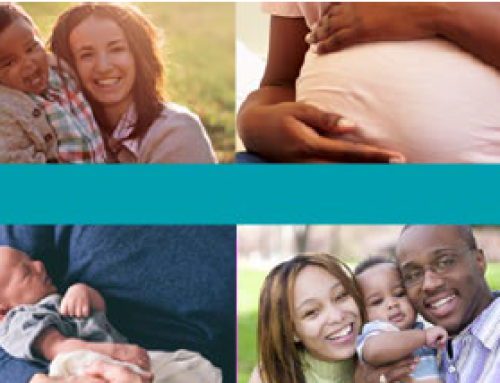
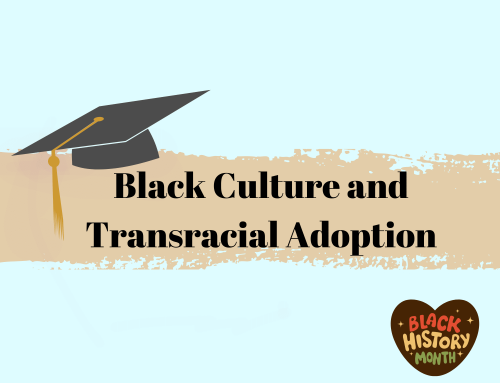
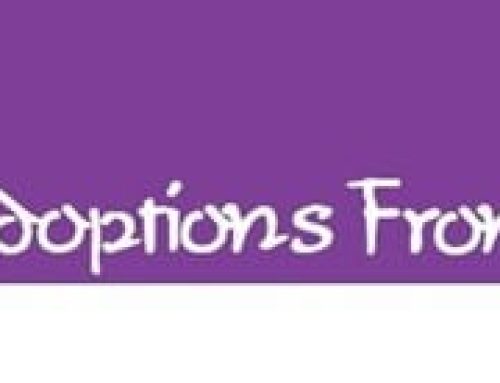
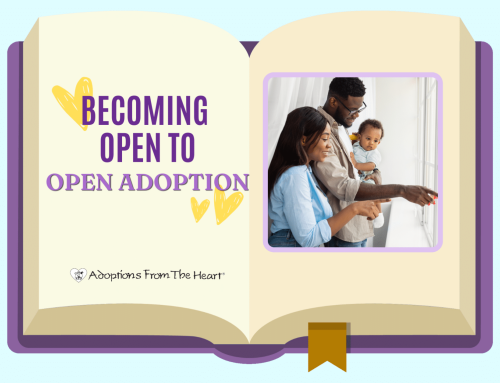
Leave A Comment